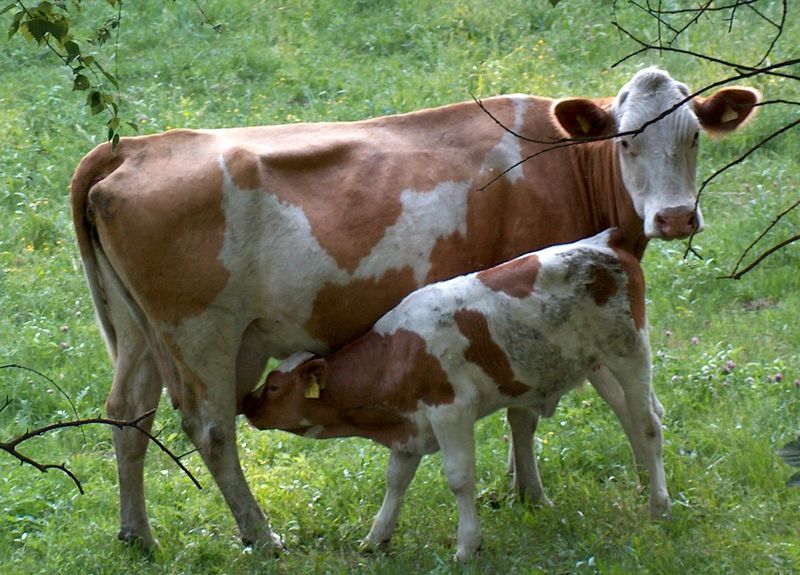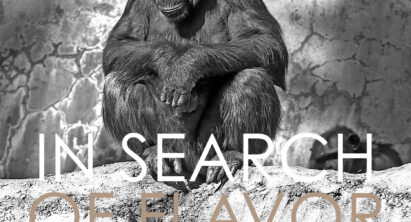I suspect these words may cause a mutiny among us food and wine lovers. I am a former cheese junkie. It was, and still is, a passion. I would pick cheese over chocolate any day. However, how and when I eat it has shifted enormously in the past month. Let me tell you—it shows, physically, for the better.
Stop reading this post and go open your refrigerator right now. Take a stock of how much dairy is in there. Milk, yogurt, a selection of cheeses (maybe 5-7?) is pretty standard in many households both in Chile & the U.S. That’s right, the dairy industry (a billion-dollar industry, I may add) has convinced us since birth that a balanced diet must include dairy. Says who? Ever noticed we are the only mammal on planet Earth consuming milk intended for other baby animals? Have Asians ever really consumed dairy and been unhealthy? Taste aside, just stop to think about it for a minute and where this idea comes from. Wanting it is not the same thing as needing it.
I am not putting dairy into some “bad” food category. However, I think most people don’t understand the effect it has on our bodies and our metabolism. It is an area that you need to think about if you’re trying to lose weight, tone up and get ripped, or have chronic bloating/gas/digestive and/or sinus/mucus problems, which can be signs of intolerance and allergies. In this light, I want to share my new approach to dairy with you all and how you can tame that beast.
I find that people generally overeat dairy and put it—especially cheese—in the protein category as a “substitution” for lean proteins like meat, fish, poultry, or pork. While it does contain some protein, the simple sugar load outweighs the protein component. Why does this matter? Your body is a perfect machine and processes food as information. When it eats dairy and takes in the information contained in the genetic make up of the food, it essentially tells your body what to do with it. Said another way, it determines how your body metabolizes and processes it, utilizing it as energy or depositing it as fat. In this case, dairy is made up mostly of lactose (a simple sugar) and casein protein causes an increased insulin response, which is really to be avoided when you’re trying to drop fat and make your body a fat-burning furnace—you are looking for steady blood sugar all day. Cheese also happens to be a “domino food,” according to author Tim Ferriss of the Four Hour Body. What happens when you start eating a particularly delicious piece or grating it over your quesadilla? The 1-ounce portion goes fast. You get addicted to dairy too, just like sugar. When I have discussed this approach with dairy junkies, they go nuts. You eat more. And more. And where do the excess calories/sugar go? It becomes fat.
Another point is that most dairy (save natural milk and yogurt) has salt added to it. Extra sodium in your diet is going to make your body retain water. Cut the dairy for even a week and you’ll start seeing the puffiness in your arms, legs, etc. go down quickly. I realize a lot of you are going to disagree with me. However, the proof is in the pudding. I have been adhering to a strictly no dairy approach except one “cheat” day per week (along with a vegetable-heavy diet). The results are inspiring. Abs are emerging, the fat is coming off with little exercise, I may add (try 15-20 minutes, 5 times per week of bodyweight HIIT circuits).
Do I still have cheese? Totally. On my cheat day. I splurge on amazing, flavorful artisan cheeses that satisfy my palate. That make me swoon. Those glorious smelly-as-feet varieties, usually gooey with a mature rind. In fact, in cutting back and ditching the dairy, 6 days at least, my palate is more attune to it. When I taste it, it feels like ecstasy, momentarily at least.
So, in my experience, daily dairy has simply not been compatible moving towards my leanest, most healthy self. What has your experience been? Let’s discuss, and above all experiment on yourself to see the results.













